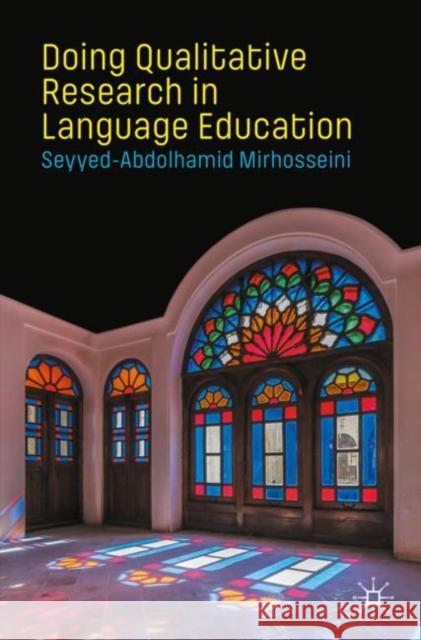Doing Qualitative Research in Language Education » książka
topmenu
Doing Qualitative Research in Language Education
ISBN-13: 9783030564919 / Angielski / Miękka / 2020 / 225 str.
Kategorie:
Kategorie BISAC:
Wydawca:
Palgrave MacMillan
Język:
Angielski
ISBN-13:
9783030564919
Rok wydania:
2020
Wydanie:
2020
Ilość stron:
225
Waga:
0.34 kg
Wymiary:
23.39 x 15.6 x 1.3
Oprawa:
Miękka
Wolumenów:
01
Dodatkowe informacje:
Wydanie ilustrowane











